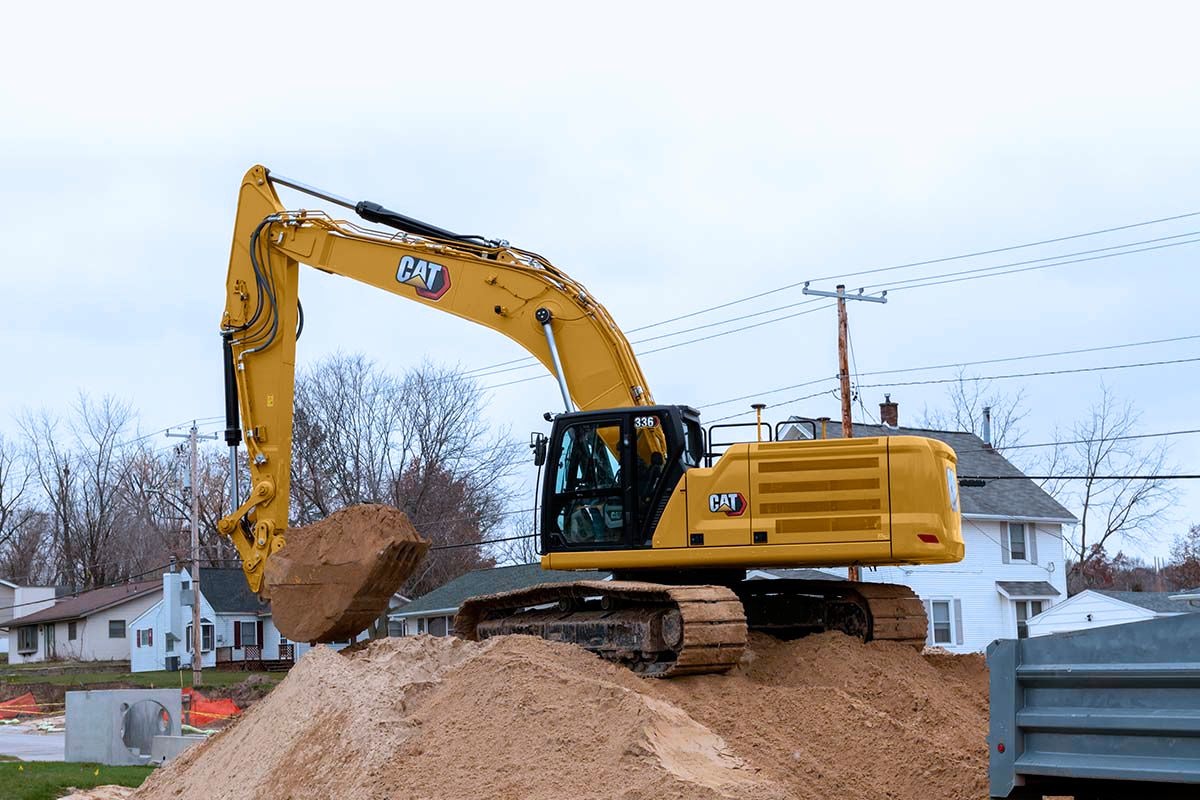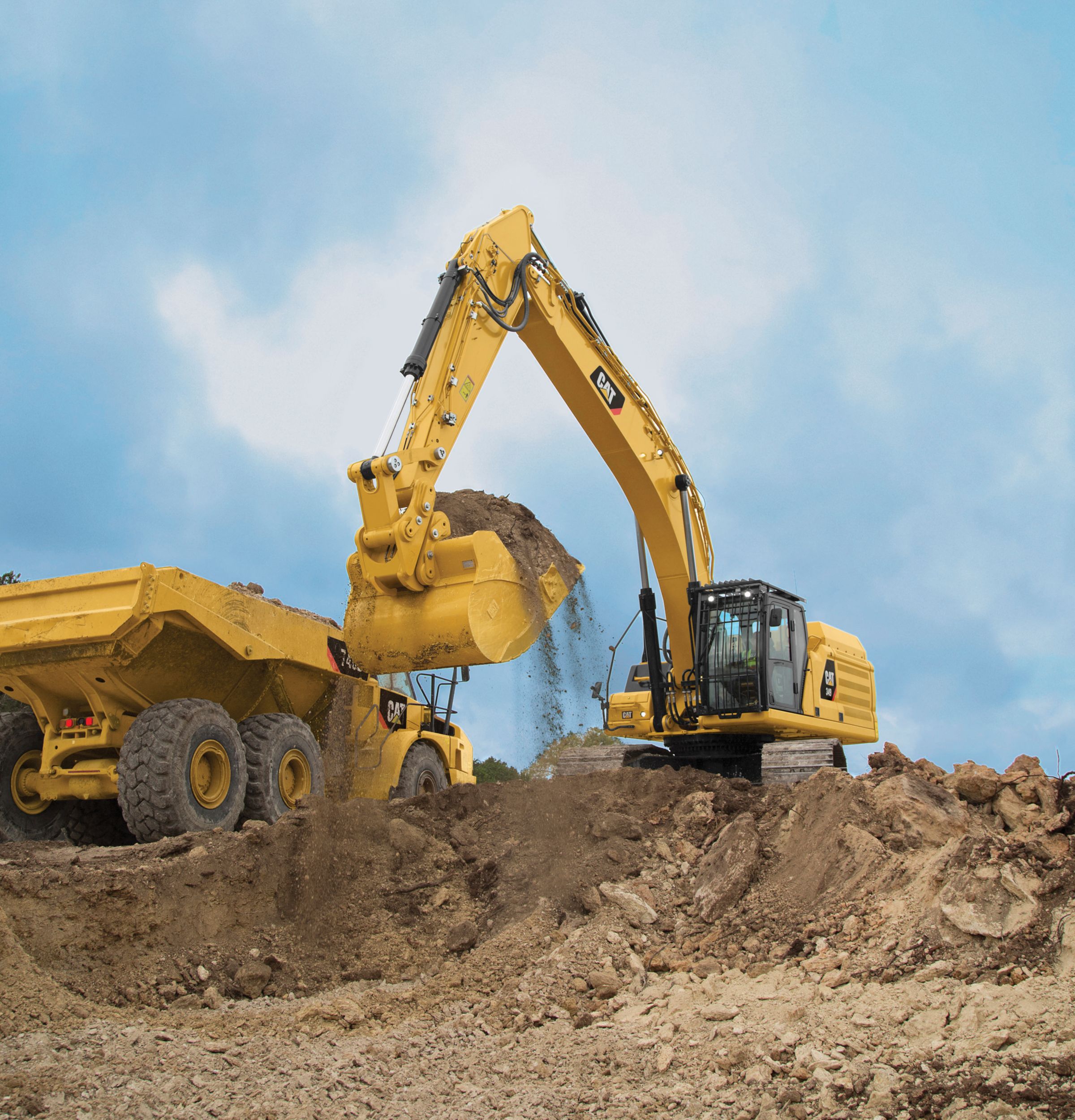Top Equipment Rental Company for All Your Requirements
Top Equipment Rental Company for All Your Requirements
Blog Article
Renting Vs. Acquiring Building And Construction Devices: Making the Right Choice for Your Project
When getting started on a building project, one of the critical choices that forecast supervisors and stakeholders deal with is whether to rent out or purchase building tools. The decision pivots on numerous variables such as expense factors to consider, task duration, devices maintenance, versatility, risk, and scalability monitoring.
Price Factors To Consider
When examining the financial facet of leasing versus buying building and construction devices, the long-lasting costs and in advance prices need to be very carefully thought about. Renting out devices commonly requires reduced initial repayments contrasted to purchasing, making it an attractive alternative for short-term jobs or professionals with budget plan restrictions. Leasing eliminates the demand for huge capital expenses and minimizes the economic danger connected with tools ownership, such as maintenance and depreciation prices. Nevertheless, over time, consistently renting devices can collect higher prices than acquiring, specifically for prolonged jobs.
On the various other hand, purchasing construction equipment entails higher ahead of time expenses yet can result in lasting cost savings, specifically for regular customers or long-term tasks. Having devices provides versatility, benefit, and the possibility for resale worth once the project is finished. Furthermore, possessing devices enables personalization and knowledge with particular equipment, possibly boosting performance and efficiency on-site. Eventually, the choice in between renting and acquiring building tools rests on the job's period, regularity of usage, budget considerations, and long-term economic objectives.
Project Period

On the other hand, for long-lasting tasks or recurring building and construction job, getting tools can be the a lot more economical alternative. Buying tools can result in set you back financial savings over time, especially if the tools will be often used. Additionally, having tools offers a feeling of control over its accessibility and permits personalization to fit details project requirements.

Devices Upkeep
Offered the important duty job period plays in figuring out one of the most cost-effective method between purchasing and leasing building equipment, the focus now moves in the direction of analyzing the important element of tools upkeep. Correct upkeep is essential for making certain the ideal efficiency and longevity of construction equipment. Leasing tools frequently comes with the benefit of having properly maintained equipment given by the rental business. This can relieve the problem of upkeep jobs from the job proprietor or specialist, conserving time and effort. On the various other hand, possessing tools calls for an aggressive strategy to maintenance to avoid failures, guarantee safety and security, and extend the equipment's life-span. Routine examinations, servicing, and timely repair work are necessary to maintain owned and operated devices in leading functioning condition. Consider upkeep costs when making a decision between buying and renting, as ignoring upkeep can lead to pricey repair work, downtime, and project delays. Ultimately, a well-maintained construction devices fleet, whether rented out or possessed, is essential for the successful and reliable completion of building and construction tasks.
Adaptability and Scalability
In the world of building devices management, the facet of adaptability and scalability holds significant value for task performance and source use. Deciding to lease construction equipment provides a high degree of versatility as it permits the quick modification of tools types and amounts based upon the evolving requirements of a job. Renting makes it possible for service providers to access a variety of specific devices that may be required for specific jobs without the long-lasting commitment of ownership. This adaptability is especially helpful for jobs with differing needs or uncertain durations (mini excavator rental).
Moreover, scalability, another critical variable, is inherently linked to flexibility. Leasing construction equipment provides the advantage of conveniently scaling operations up or down as task needs rise and fall. Service providers can swiftly include or exchange devices to match the task's altering needs without the restrictions of having properties that might end up being underutilized or obsolete. This capacity to scale sources efficiently can cause expense savings and enhanced project timelines, making renting a beneficial option for projects calling for versatility and responsive source allowance.
Threat Administration
Reliable risk monitoring in construction equipment procedures is extremely important to guaranteeing job success and mitigating potential economic losses. Building and construction jobs naturally involve different dangers, such as equipment malfunctions, crashes, and job delays, which can significantly affect the project timeline and budget plan. By very carefully taking into consideration the risks connected with owning or leasing building tools, task supervisors can make enlightened choices to lessen these potential rexco equipment hazards.
Leasing building devices can use a level of danger reduction by moving the responsibility of maintenance and repair work to the rental company. This can lower the economic worry on the project owner in situation of unanticipated equipment failures (equipment rental company). Furthermore, leasing offers the flexibility to access customized equipment for particular project stages, decreasing the risk of owning underutilized equipment
On the other hand, having building tools provides a feeling of control over its usage and maintenance. Nonetheless, this likewise means birthing the full obligation for repair services, upkeep costs, and depreciation, boosting the economic risks associated with devices possession. Careful threat assessment and factor to consider of aspects such as task duration, equipment usage, and upkeep requirements are crucial in figuring out the most appropriate alternative for reliable risk monitoring in building and construction projects.
Final Thought
To conclude, when determining between buying and renting out building tools, it is vital to think about expense, project period, tools maintenance, scalability, versatility, and risk monitoring. Each factor plays an important function in identifying the most ideal option for the job available. By thoroughly evaluating these aspects, task supervisors can make an informed decision that aligns with their spending plan, timeline, and general project objectives.

Report this page